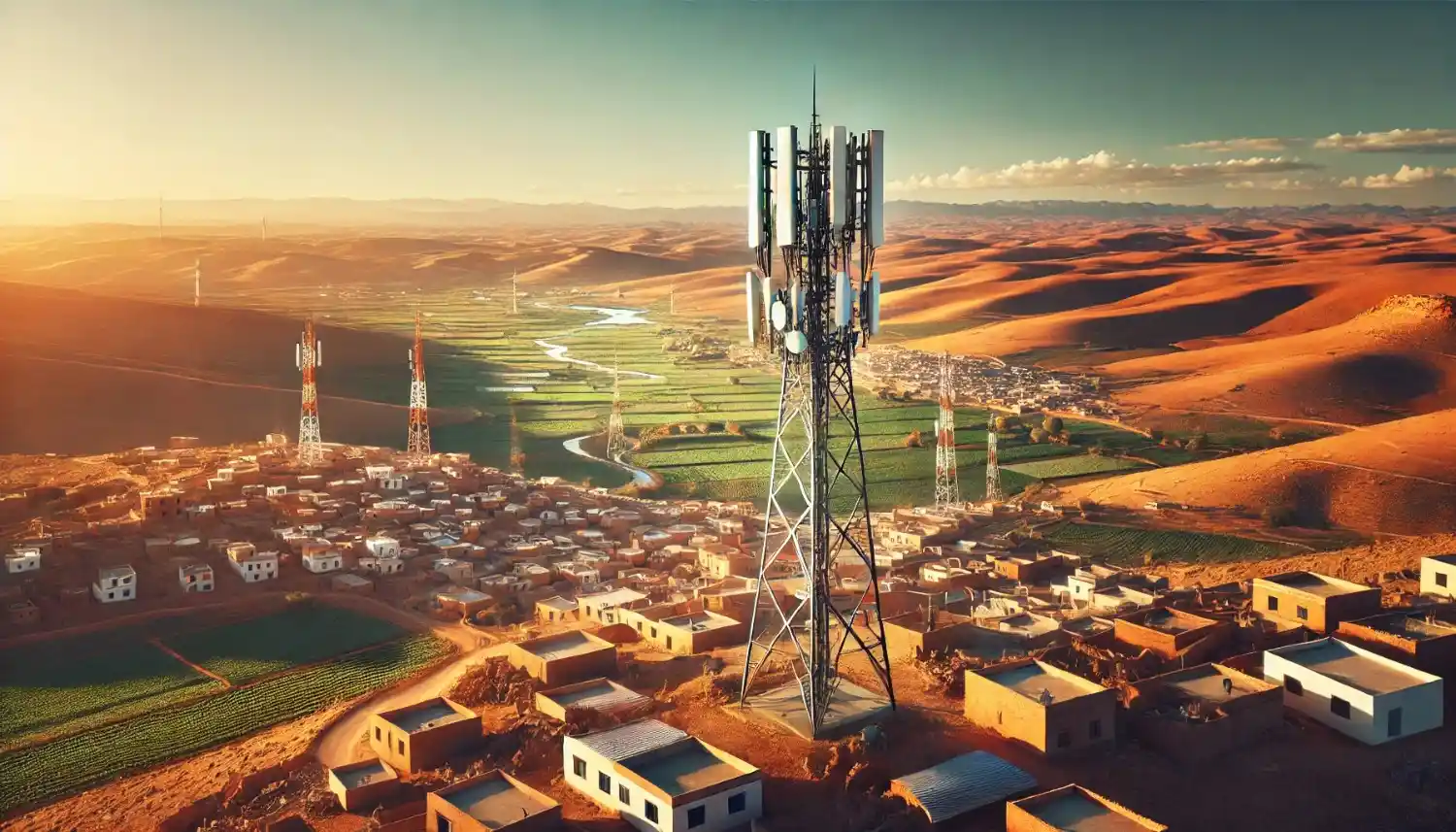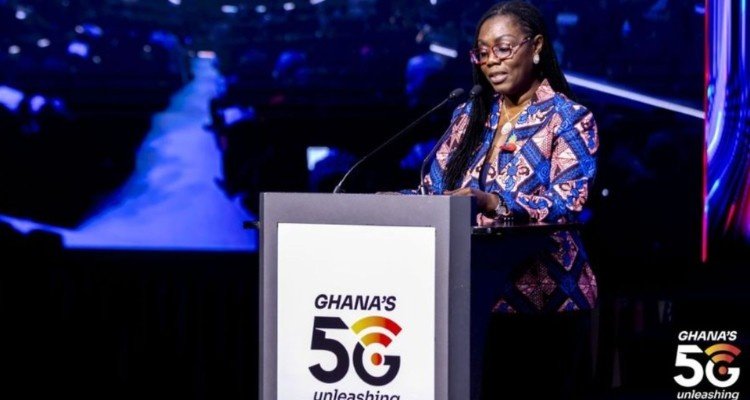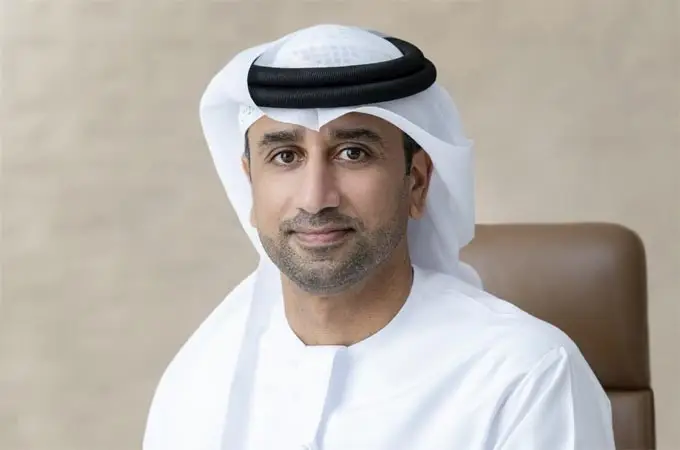Algeria is making a bold stride toward digital inclusion with a transformative initiative to bring 4G connectivity to 1,400 underserved rural communities. This ambitious project seeks to bridge the urban-rural digital divide, fostering economic growth, enhancing social inclusion, and improving living standards for millions.
Transforming Life in Rural Algeria
For years, rural areas in Algeria have struggled with limited access to the internet, hindering their integration into the digital economy. The rollout of 4G networks in these regions promises to shift this dynamic, bringing high-speed internet that will revolutionize communication and unlock opportunities in key sectors such as education, healthcare, and commerce.
Students in remote villages, previously forced to travel long distances for educational resources, can now access online learning platforms, digital libraries, and virtual classrooms from home. Similarly, rural health clinics will benefit from telemedicine, allowing patients to connect with specialists without the need for long, costly trips to urban hospitals.
Boosting Economic Potential
The economic advantages of extending 4G coverage are significant. Local entrepreneurs and small businesses will benefit from improved connectivity, enabling them to access e-commerce platforms, expand their customer base, and simplify transactions through mobile payments.
Agriculture, a vital sector for rural Algeria, will also experience a technological uplift. With access to real-time market prices, weather updates, and farming best practices via mobile apps, farmers can increase productivity and manage risks more effectively. The potential for integrating smart farming technologies, such as sensors and automated systems, highlights the importance of reliable 4G networks in improving sustainability and efficiency.
Collaborative Efforts Powering the Initiative
This digital transformation is made possible through a collective effort involving government agencies, telecom providers, and international technology companies. The Ministry of Post, Telecommunications, and Digital Technology has played a key role, offering financial incentives and regulatory support to accelerate the rollout of rural 4G infrastructure.
Major telecom operators like Algérie Télécom and Ooredoo have been integral in extending coverage, overcoming logistical challenges to deliver high-speed internet to the most remote regions of Algeria. International partnerships with companies such as Huawei and Ericsson have also been crucial, supplying advanced network equipment and technical expertise to ensure the deployment of reliable, scalable 4G networks.
Overcoming Deployment Challenges
Rolling out 4G networks in rural areas presents several obstacles, from challenging terrains to harsh weather and high infrastructure costs. To address these issues, Algeria has implemented innovative solutions such as solar-powered base stations, which reduce dependence on traditional power sources and lower operational costs. Additionally, the government has introduced subsidies to encourage private sector investment in rural connectivity.
Another significant challenge is ensuring that rural communities can fully benefit from the internet. Bridging the digital divide requires more than just infrastructure; it involves investments in digital literacy. Training programs are being rolled out to help residents acquire the skills needed to make the most of their new connectivity.
Paving the Way for a Digital Future
Algeria’s goal to connect 1,400 rural communities aligns with its broader vision of becoming a leader in digital transformation in the region. By 2030, the government aims to provide near-universal internet access, fostering a more inclusive digital economy.
This initiative is expected to have a profound social impact by reducing the digital gap between urban and rural populations, promoting greater social cohesion, and creating new opportunities for marginalized groups, such as women and youth. Access to information, education, and employment will empower these communities to actively contribute to the nation’s development.
Algeria’s 4G expansion project exemplifies the transformative power of connectivity. By bringing high-speed internet to some of the country’s most isolated and underserved regions, this initiative is not only closing a technological gap—it is laying the groundwork for significant social and economic transformation. Enhanced connectivity will be a catalyst for sustainable growth, driving innovation and creating new opportunities across various sectors.
As rural communities embrace the digital world, they will gain access to essential resources, services, and networks that were previously out of reach. This digital shift will not only improve individual livelihoods but also strengthen the broader social fabric, paving the way for a more connected, resilient, and empowered society. Algeria’s vision of a digitally inclusive nation is steadily becoming a reality, positioning the country as a leader in harnessing connectivity for transformative change.















